
Putting the fizz into physics!
July 28, 2006 | Issue 2Lucy Attwood from Oxford Danfysik, UK, explains the mysterious appeal of champagne.


Lucy Attwood from Oxford Danfysik, UK, explains the mysterious appeal of champagne.

Are you looking for a good article to use in a lesson? Or do you just want to browse a science journal or two for inspiration? Here is a selection of free online science journals and some useful tools for tracking down the books, articles and journals you need.

The goal of this DVD is to show how information collected from patients often allows scientists to achieve a deeper understanding of the genetic and molecular basis of a specific disease. This level of understanding is crucial to developing treatments for disease and, consequently, to relieving…

I was examining a list of more than 20 books available for reviewing when I discovered this odd title. I am not especially interested in mosquitoes, and I know very little about them. But a colleague’s encouragement and my own curiosity led me to choose this book from the list.

Superman, Batman, Lightning Lad, Spiderman – they all apply the principles of physics to perform their extraordinary feats… or do they? Which laws are suspended, and which are extended? Which are indeed forgotten completely?

A professor once told me in a job interview that he prefers to hire women for his laboratory “because they get things done”. Nonetheless, although a blunt question as to whether you plan to have children is certainly out of fashion, female scientists still experience situations that are…

The Science Behind Medicines CD-ROM is a teaching resource produced by GlaxoSmithKline and aimed at biology and chemistry teachers of post-16 students. It has sections on drug discovery, structural formulae, bacterial infections, asthma and viral infections.

Power, Sex, Suicide: three words that immediately aroused my interest in reading this book. The subtitle, Mitochondria and the Meaning of Life, explains what the book is about – the crucial role of mitochondria in our lives.

Films about science or even pseudo-science can be powerful tools in the classroom. Heinz Oberhummer from the Cinema and Science project provides a toolkit for using the video-clip collection of the European Space Agency.
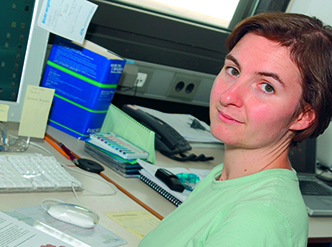
Silvia Boi, a science teacher from Italy, explains how her fascination with science led her to study ant behaviour, worm reproduction and the human genome – and how she now tries to awaken that fascination in her pupils, using somewhat unusual techniques.
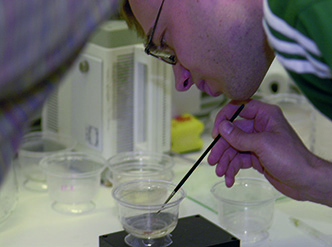
Detlev Arendt, a molecular biologist at the European Molecular Biology Laboratory, Heidelberg, Germany, describes to Russ Hodge how his cutting-edge research is following in the footsteps of a 19th-century scientist.
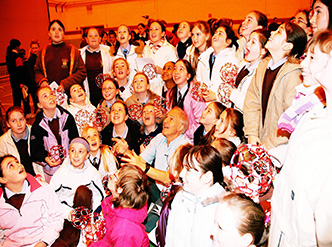
Sibylle Moebius introduces a project, GRID, to identify and promote innovative science education in Europe.
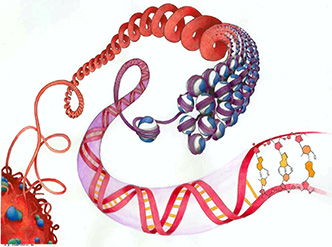
We tend to think of our genetic information as being encoded in DNA – in our genes. Brona McVittie from Epigenome NoE, UK, describes why this is only part of the story.
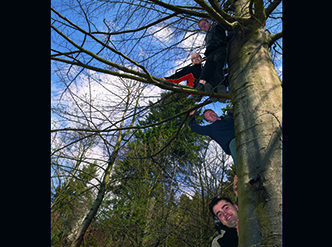
At the European Molecular Biology Laboratory in Heidelberg, Germany, Peer Bork’s research group has meticulously reconstructed a new tree of life – tracing the course of evolution. Russ Hodge explains.

Dhara Thakerar, a second-year student of natural sciences at Cambridge University, UK, elucidates the science of chocolate.

Everyone knows what symmetry is. In this article, though, Mario Livio from the Space Telescope Science Institute, Baltimore, USA, explains how not only shapes, but also laws of nature, can be symmetrical.
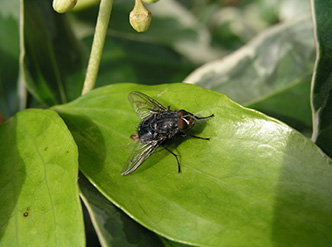
Are you a biologist with a mission? Do you want to fight crime with science? Martin Hall and Amoret Brandt from The Natural History Museum in London, UK, introduce the fascinating (and smelly) field of forensic entomology.

Susan Greenfield and Martin Westwell from the Institute for the Future of the Mind consider the needs of the future scientist.
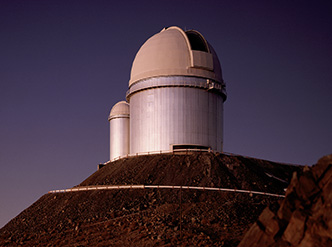
Uffe Gråe Jørgensen from the University of Copenhagen, Denmark, describes the search for Earth-like planets elsewhere in our galaxy.
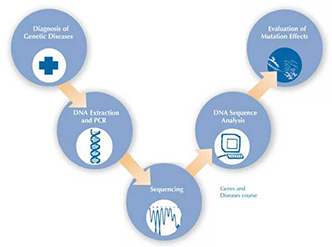
Mariolina Tenchini, Director of Cus-Mi-Bio in Milan, Italy, introduces a university initiative to motivate science teachers and provide both them and their students with hands-on experience of cutting-edge science.

Imagine a barge carrying not coal or other heavy cargo, but something much more precious – inspiration! Beate Langholf from Wissenschaft im Dialog, Germany, describes a science exhibition that travels the rivers of Germany with a different theme each year.
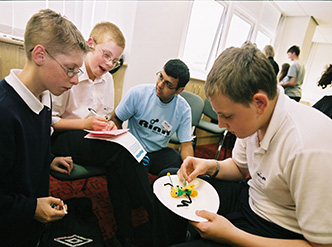
Marilyn Brodie from the Centre for Science Education, UK, describes two projects to involve the scientific research community in schools and raise enthusiasm for science among students.
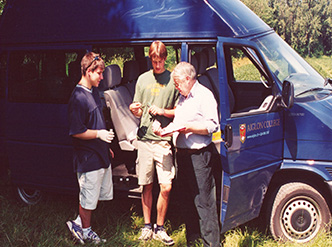
Wetlands are key habitats for a vast range of wildlife. Richard Harwood and Chris Starr, from Aiglon College, Switzerland, describe a school project to measure water quality in a local wetlands region.

John Schollar from the National Centre for Biotechnology Education at the University of Reading, UK, finds an excuse for eating one of his favourite foods - chocolate.
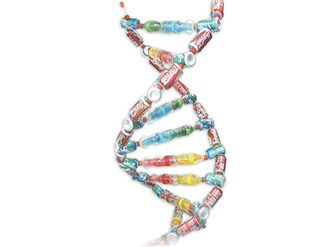
Dionisios Karounias, Evanthia Papanikolaou and Athanasios Psarreas, from Greece, describe their innovative model of the DNA double helix – using empty bottles and cans!
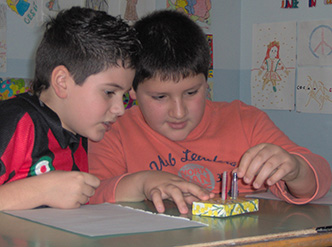
In the second of two articles on developing the processes of enquiry, hypothesis and testing, Alfredo Tifi, Natale Natale and Antonietta Lombardi describe how to build and apply some of the low-cost equipment they have developed.
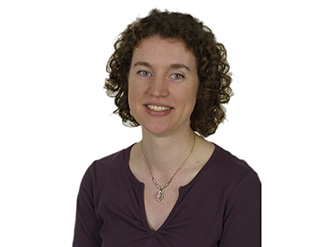
Since the publication of the first issue, we have received a lot of enthusiastic feedback from our readers. Science teachers from across Europe particularly liked our innovative teaching ideas, accessible science coverage, interdisciplinary topics and European approach. And these are features that…